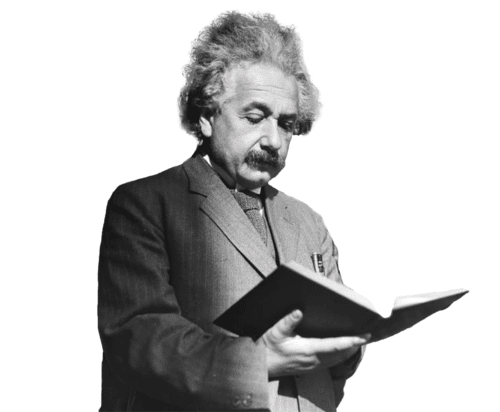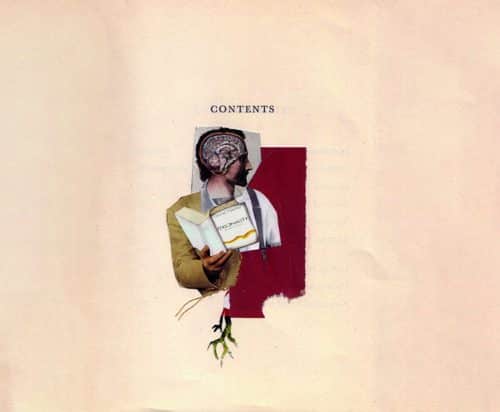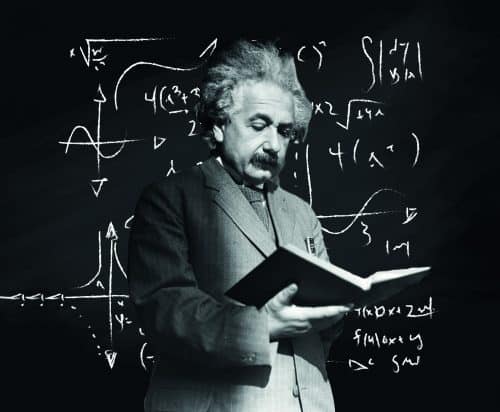The blood type we have is genetically determined. With some exceptions, a person’s blood type does not change during their lifetime. These exceptions are made possible by the diversity of molecules that extend outside the cells. But is there a way to change your blood type?
We usually use the A-B-0 and Rh factor systems to identify our blood group. With the help of these systems, we can easily express the presence or absence of marker molecules called antigens on the surface of your red blood cells.
Group A blood contains the A antigen, group B blood contains the B antigen, and group AB blood contains both antigens. Group 0 blood does not contain these antigens. The plus or minus signs indicate the presence of the protein that determines the Rh factor we add to our blood group. It is important to know which blood type we have, as the introduction of blood with different antigens can trigger an immune response in the event of a blood transfusion. It is, therefore, important that our blood type is likely to change throughout life.

According to our genetic code, hematopoietic stem cells (HSCs), which are responsible for creating new blood cells, are found in many parts of our body, especially our bones. Some types of cancer and autoimmune diseases can damage or destroy these cells; new ones may be needed. In such cases, HSC transplantation is performed from the patient’s or donor’s healthy body parts. If HSCT is transplanted from a donor with a different blood group genetic code, red blood cells containing different antigen types may be produced. This raises the possibility that the patient’s blood type may change.
Stem cells that have not yet turned into red blood cells do not contain antigens that determine blood type. Therefore, a human leukocyte antigen (HLA) match between the donor and the patient is checked to ensure that the immune response is not activated after transplantation. These antigens, which are present in many of our cells, are used by our immune system to distinguish foreign cells.
However, researchers working to make blood donations more effective have shown that a bacterium can be used to change blood types. An enzyme derived from Streptococcus pneumoniae bacteria can truncate the A and B antigens in red blood cells and change the group of donated blood to 0. Once the enzyme can be made to work more efficiently in experiments, blood can be directed more quickly to recipients waiting for blood donations.














